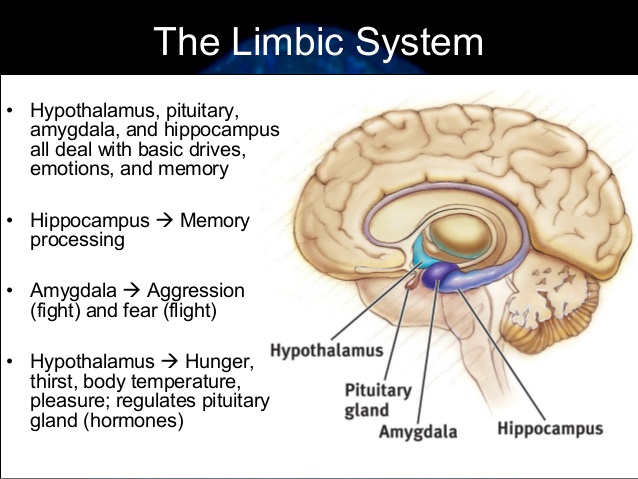8.4 What is the Importance of Neural Plasticity?

Neural plasticity means the brain can improve its responses by building new networks. The sensory pathways, including hearing, can by used to stimulate this process.
Neural plasticity means the ability of the brain to change, to form new connections and restructure itself. This is how learning happens.
Stimulation through the sensory pathways or through thought is how we build and change the brain.
Neural stimulus (high frequency sound) is a very effective way to build new brain pathways. Establishing correct auditory pathways can help to reduce or eliminate tinnitus.
Since the expansion of knowledge concerning neural plasticity, new theories have arisen to explain the effect of Sound Therapy on tinnitus.
The limbic system, which is the seat of our emotions, plays a key role in the disturbance of tinnitus. There are subcortical (unconscious) brain systems which play a role in the perpetuation of tinnitus.
One theory is that parts of the Thalamus are activated in response to unpleasant sounds such as tinnitus. These centres control whether the unpleasant sounds reach our conscious perception in the cortex. Systems related to the Thalamus can in fact cancel out cortical perception of the sound of tinnitus.
Our hearing pathways activate many sub cortical systems in the brain stem and mid brain, enabling the opportunity for Sound Therapy to remap these unconscious pathways which are activating or suppressing the tinnitus.


